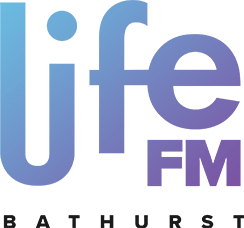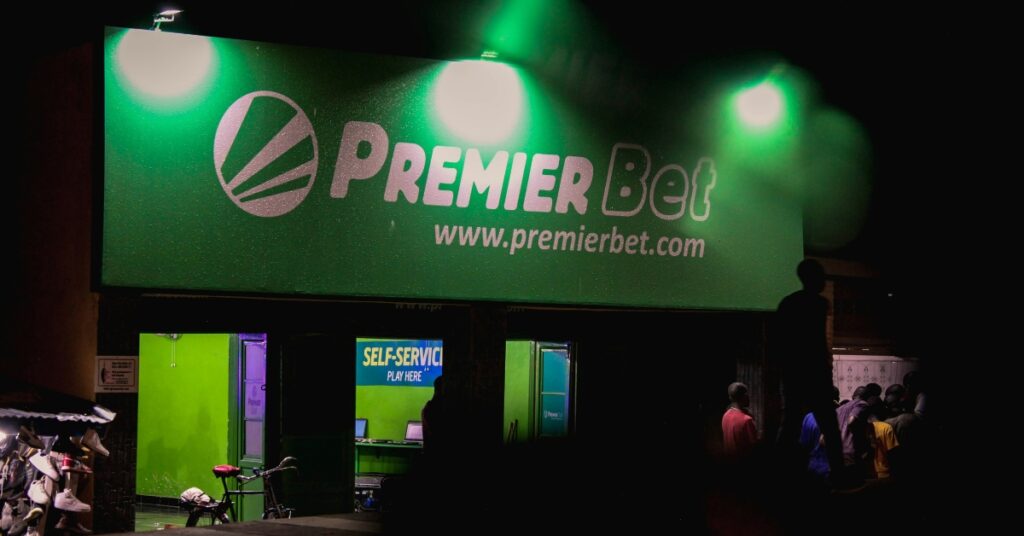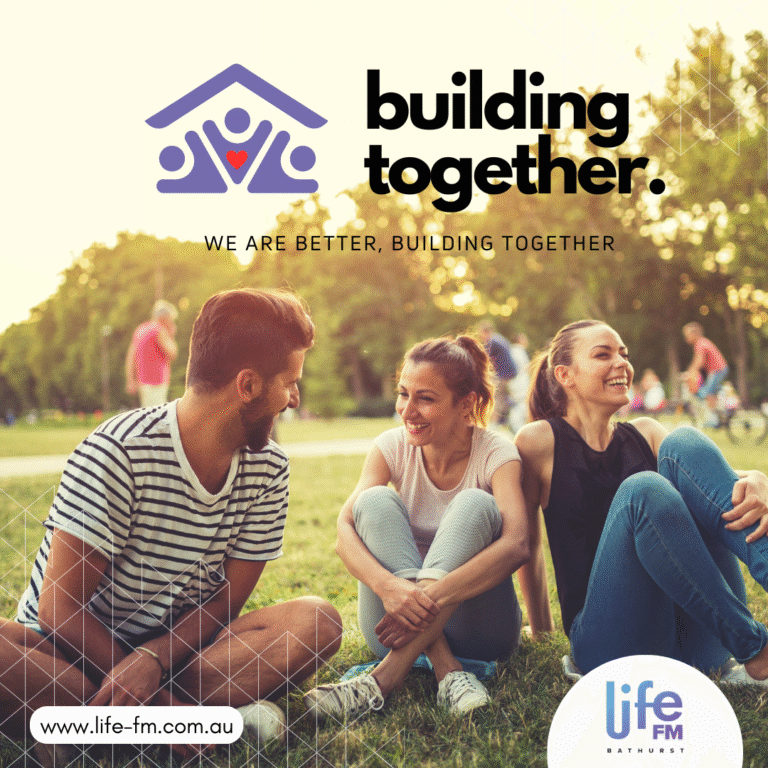By: Chris Jolly
As a Christian community, we are called to meet people where they are—with gentleness, not judgement. Addiction can impact anyone.
In recent years, gambling’s become more accessible than ever.
What once required a visit to the local club or TAB can now happen silently, instantly, and in isolation—right from the palm of a hand.
Leah Hammond, General Manager of South Pacific Private, recently shared some urgent truths about gambling addiction and how we can begin to break its hold.
“We certainly have [seen an increase],” Leah explained. “With increased accessibility, online apps on your phone—they’ve drastically risen, and it was a five-year high in 2024. In fact, what we’re seeing is that 94% of sports bettors are placing their bets digitally.”
The good and the bad of easy access
Technology has changed the way Australians gamble. And while convenience can be useful in some areas of life, it can become dangerous in others. As Leah put it, “Off the back of COVID, we continue to hear that the isolation… it’s allowed for people to have everything readily accessible, and gambling is one of those things.”
The rise of mobile betting apps means people no longer need to physically walk into a gambling venue. “They can do it wherever they want,” Chris observed.
That freedom, however, comes with real risk. “It can be addictive and destructive and really, really isolating for people,” Leah said. “We believe people should view gambling through the same lens as other addictive behaviours such as alcohol and drug misuse.”
And as with those other struggles, support and community are essential.
First steps: what can we do now?
Big games, like the State of Origin, bring more than just sport—they bring a flood of betting ads and temptation for those trying to break free. So, what is something someone can do tonight to try to minimise any damage?
Leah’s response was clear and simple: “Delete any apps. Avoid going anywhere near places like pubs or gambling centres as much as practical. And I appreciate that can be hard, but the first step is, as I say for gambling—delete the apps.”
It’s a first step toward regaining control, and often the most powerful ones are the simplest. Deleting apps is practical, but there’s also a deeply human side to recovery: connection.
Don’t struggle in silence
For those feeling trapped in addictive patterns, reaching out is a vital part of healing.
“We certainly encourage people to talk to anybody about behaviours that are harming them,” Leah said. “Thinking about gambling all of the time and feeling the need to bet more money and more often are certainly signs that people should speak to their loved ones about.”
That kind of honesty takes courage, but it’s part of stepping into the light and breaking the shame that often surrounds addiction.
Walking with Compassion and Faith
As a Christian community, we are called to meet people where they are—with gentleness, not judgement. Addiction can affect anyone—your neighbour, your child, your pastor, your friend. It’s not a moral failure; it’s often a response to pain, loneliness, or deeper unmet needs. We’re reminded in Galatians 6:2 to “carry each other’s burdens.” We are not made to do life alone—especially not in our hardest seasons. Having a trusted friend or family member to talk to can open the door to accountability, grace, and new beginnings.
When More Help is Needed
Of course, some situations need more than just a chat with a loved one. If someone is struggling to cope or unsure of whether their gambling has become a serious issue, there are professional resources available.
“I would encourage them to reach out to us here at South Pacific Private,” Leah offered. “You can access our website at southpacificprivate.com.au. We even have a self-assessment which somebody could take on their own to identify if they have a problem. And that connects them both with our website and other potential providers to support them.”
Support is also available through GambleAware NSW by calling 1800 858 858—a free, confidential service that can connect individuals with local counsellors and support.
Article supplied with thanks to Hope Media.
Feature image: Photo by Dieuvain Musaghi on Unsplash





